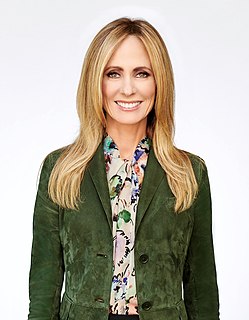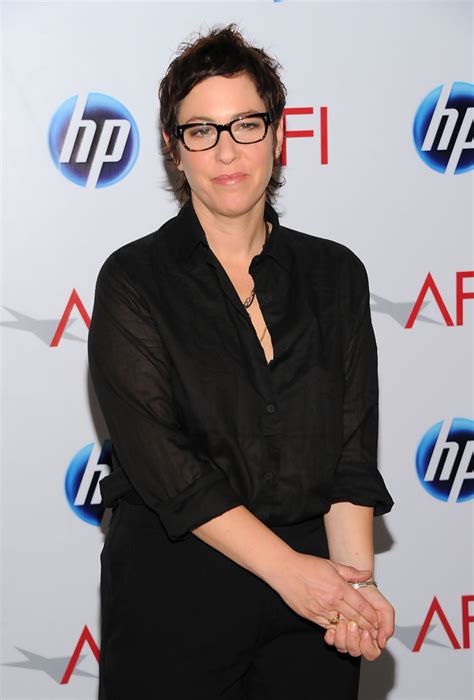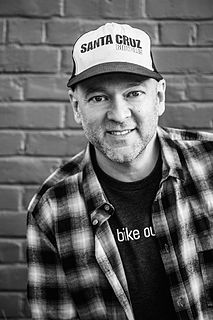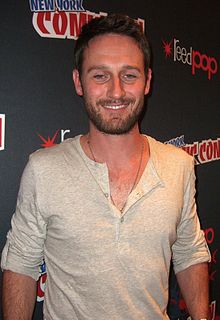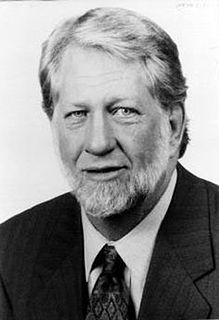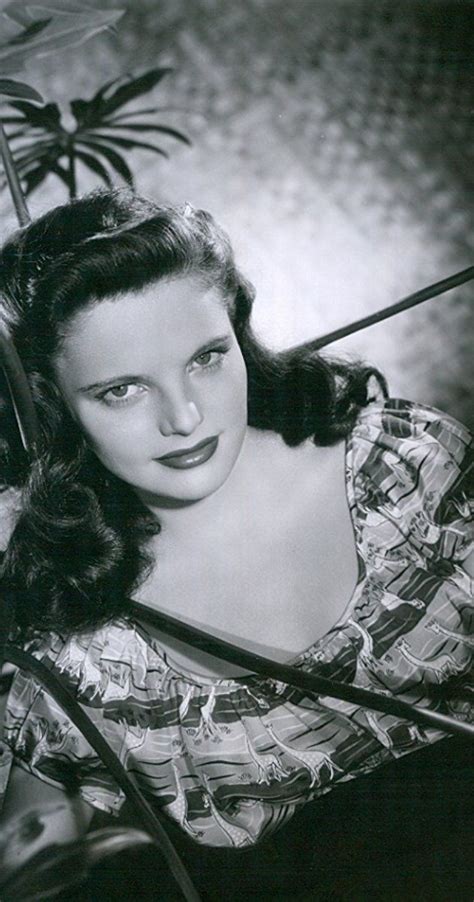A Quote by Dana Walden
The development process is not that simple... When I started working at Fox in '92, the company had decided that dramas were dead: they weren't viable businesses and because newsmagazines were so efficient to produce and financially so much more tolerable than a drama. So that year, our company developed very few dramas.
Related Quotes
At Travelers, we were much more opportunistic. It was very successful, but it wasn't an integrated financial services company. We had a property casualty company, a life company, a brokerage company. We were a financial conglomerate. It wasn't a unified, coordinated strategy of any sort. When it merged with Citi, that became a big issue; Citi, at that time, wasn't yet a fully integrated, coordinated company.
When you're in a start-up, the first ten people will determine whether the company succeeds or not. Each is 10 percent of the company. So why wouldn't you take as much time as necessary to find all the A players? If three were not so great, why would you want a company where 30 percent of your people are not so great? A small company depends on great people much more than a big company does.
I'm proud of everything I've done. If it's comedy, it's 'cause I think it's funny. If it's a drama, it's impactful. I'm leaning towards dramas now because I wrapped a couple comedies in a row. I don't like watching myself, but it's easier on me when I don't have to carry a lot of the comedy. But I enjoy making comedies but dramas come more naturally.
Well, you have to understand where we came from. We are not here because we decided 10 years ago that we were going to be x-size company, and, oh, yeah, Jackson would be a good headquarters. We work here in Mississippi because we started here, and we are certainly happy here. Those of us working out of Jackson intend to continue working out of Jackson.
Whenever I talk to people who founded a company, I often like to ask the prehistory questions 'When did you meet? How long have you been working before you started the company?' A bad answer is, 'We met at a networking event a week ago, and we started a company because we both want to be entrepreneurs.'
It's wonderful to work for a company that gives so much back to its communities, especially to our children. Donations are only one way we support our communities. Our team members also volunteer their time and energies to a number of different local groups, including this aquarium. We form partnerships with these organizations because we feel we can accomplish more together than if we were each working on our own.
The company that employed me strived only to serve up the cheapest fare that the customer would tolerate, churn it out as fast as possible, and charge as much as they could get away with. If it were possible to do so, the company would sell what all businesses of its kind dream about selling, creating that which all of our efforts were tacitly supposed to achieve: the ultimate product -- Nothing. And for this product they would command the ultimate price -- Everything.
